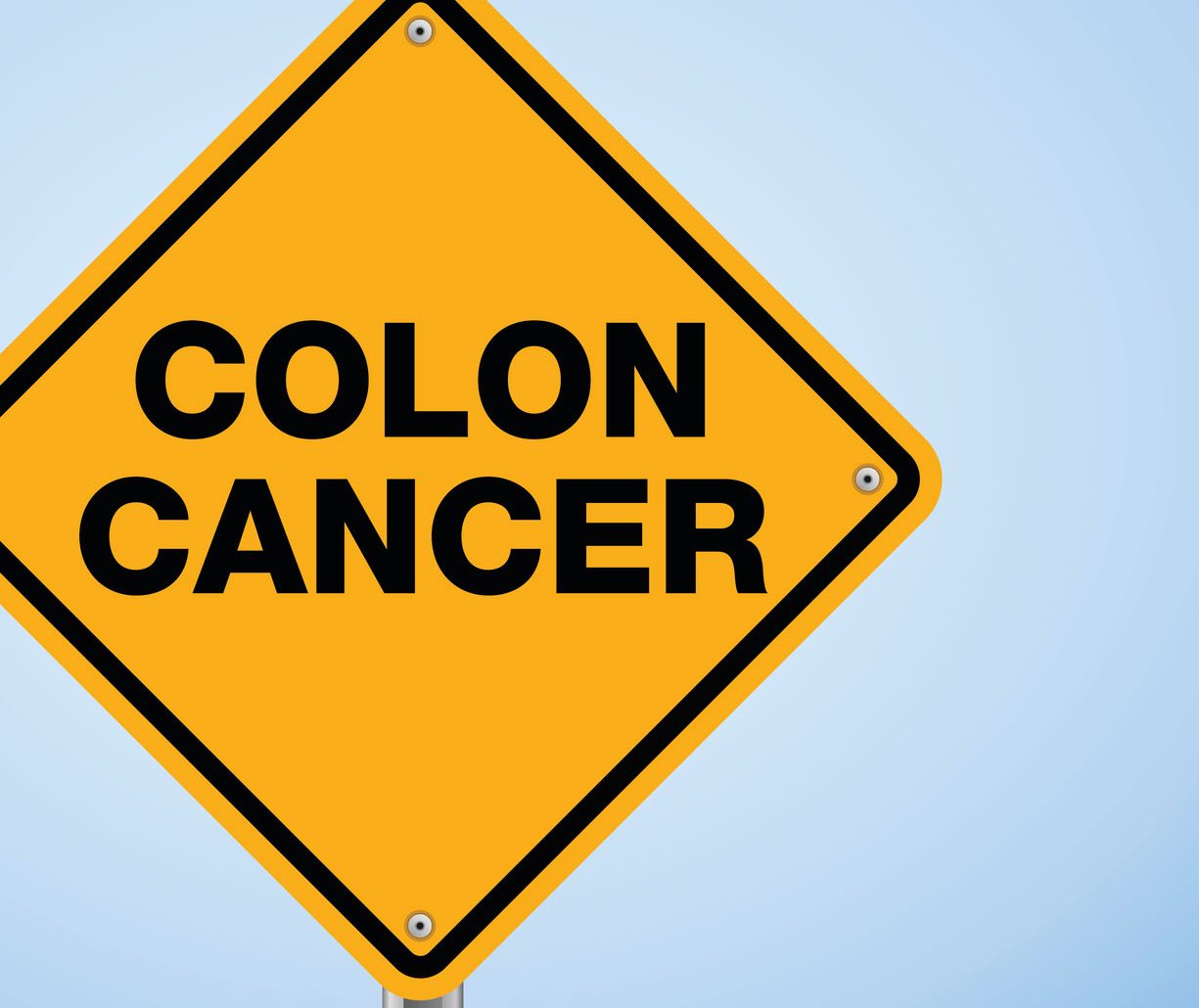Gut Bacteria and Your Colon Cancer Risk Factors

What you eat affects your colon cancer risk factors, but you can change your gut bacteria from bad to good and reduce your risk of cancer with these simple foods.
Colorectal cancer, or cancer that first develops in your colon or rectum, is the fourth most common cancer in the United States. For both men and women, the National Cancer Institute reports, it is also the second most deadly.
There are many causes of cancer, no matter where it first develops. But a study, by researchers from the Dana-Farber Cancer Institute of the Harvard T.H. Chan School of Public Health, reports that intestinal bacteria can increase your risk of colon cancer.
YOU MIGHT ALSO LIKE: How to Prevent Colon Cancer
Diet and colon cancer risk
The link between the gastrointestinal system and colon cancer isn’t entirely surprising. Previous research has shown a relationship between diet and cancer.
One study found that diets high in red meat increased risk for colorectal cancer, while other research has shown a relationship between eating high levels of processed meat and an increased likelihood of colon cancer.
Sugar has also come under scrutiny. One study found that diets high in sugar and simple carbohydrates increase colon cancer risk factors, possibly by impacting glucose levels in the blood.
But the Harvard study takes diet a step further, examining the interaction between your diet, your gut bacteria, and your risk for cancer.
Gut bacteria and colon cancer
The Harvard team focused on F. nucleatum, or Fusobacteria, a particular type of bacteria that is associated with high levels of disease and infections in the body. F. nucleatum has been investigated for its role in health conditions, including gum disease, preeclampsia, Alzheimer’s disease, and appendicitis.
As researchers examine the role that gut bacteria plays in gastrointestinal diseases, multiple studies have found that F. nucleatum is often present in tumors that develop in the colon and rectum.
Further research seems to indicate that this isn’t just a correlation; animal studies and a review of the evidence in human studies have indicated that the Fusobacteria play a role in causing cancer in the colon and rectum.
The effect of high-fiber foods on colorectal cancer
Building on previous research showing that people who ate high-fiber foods had healthier gut bacteria, as well as higher levels of F. nucleatum in their stool but not their intestines, the Harvard study looked at the effect of a high-fiber diet on the development of colorectal tumors.
Researchers analyzed data from over 137,000 adults who participated in the Nurses’ Health Study or the Health Professionals Follow Up Study. Over an average of 26 to 32 years, there were 1,019 cases of colon cancer in the study group. The researchers analyzed tissue samples from these tumors and used data from questionnaires to learn about the participants’ diet and fiber intake.
They found that those who followed a high-fiber diet, also known as a “prudent diet,” were less likely to have tumors containing the F. nucleatum bacteria.
The data, said co-senior author Shuji Ogino, MD, PhD, provide “compelling evidence” that gut bacteria can influence your risk of developing cancer. “Though our research dealt with only one type of bacteria, it points to a much broader phenomenon — that intestinal bacteria can act in concert with diet to reduce or increase the risk of certain types of colorectal cancer,” Ogino concluded.
How to improve gut bacteria: Eat high-fiber foods
Though researchers don’t yet know exactly what causes the link between bacteria, fiber, and cancer in the colon, many theorize that too little dietary fiber could lead to inflammation, causing an increased growth in unhealthy bacteria.
Increasing the amount of fiber in your diet, then, could decrease inflammation in your gastrointestinal system, promoting a healthy gut biome and protecting you against colon and rectal cancers.
Adding more plant-based food to your diet will increase your fiber intake. Fruit and vegetable choices with high levels of fiber include artichokes, berries, green leafy vegetables, avocados, and pears. Oatmeal and whole wheat bread are high-fiber options for breakfast. And if you want to avoid red and processed meat, legumes and pulses — such as beans, lentils, and split peas.
YOU MIGHT ALSO LIKE: High-Fiber Diet Cuts Your Colon Cancer Risk
Updated:
March 02, 2023
Reviewed By:
Christopher Nystuen, MD, MBA